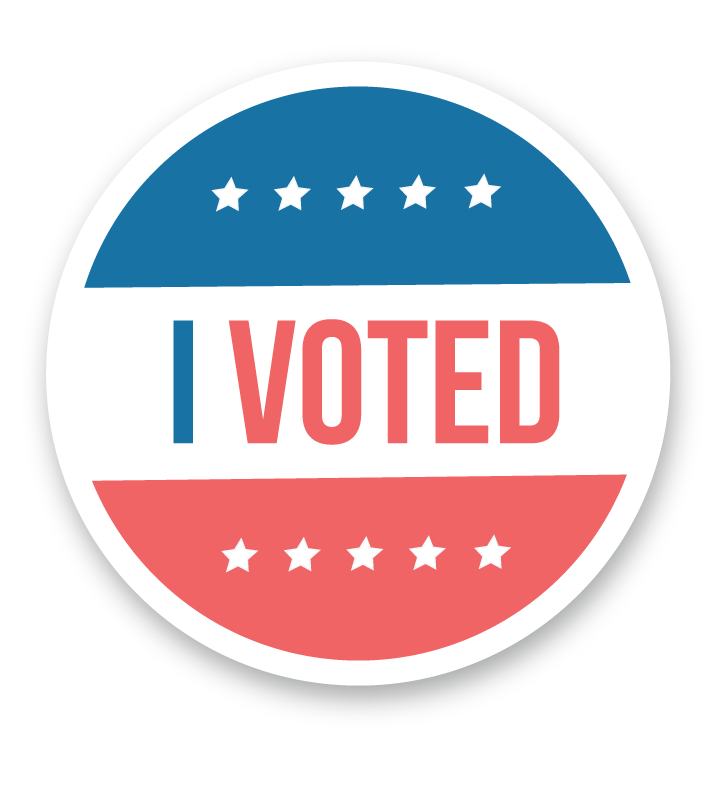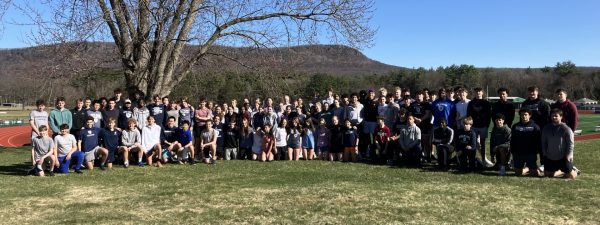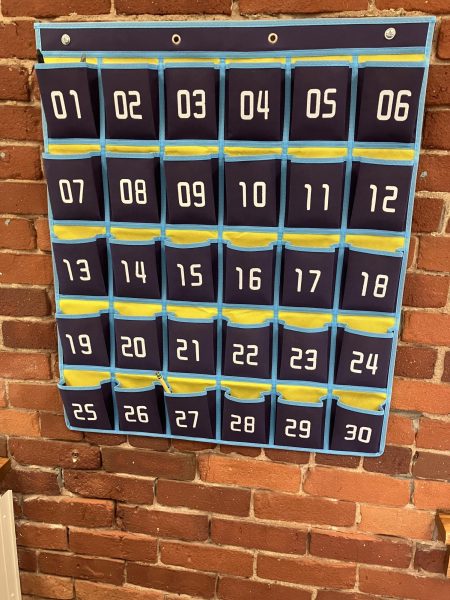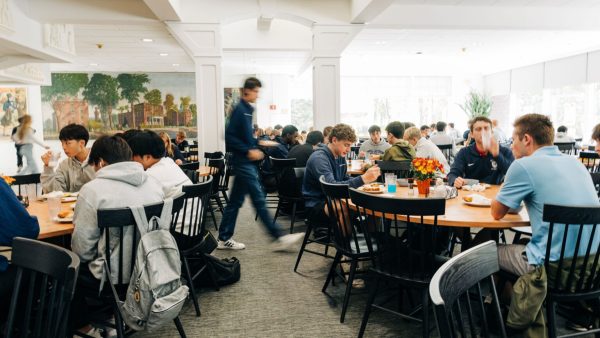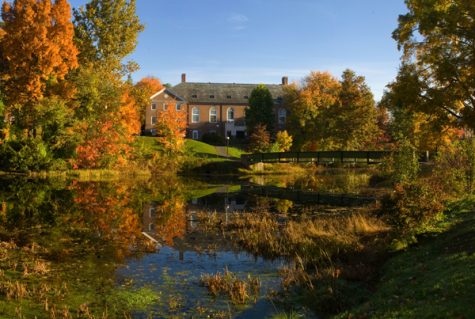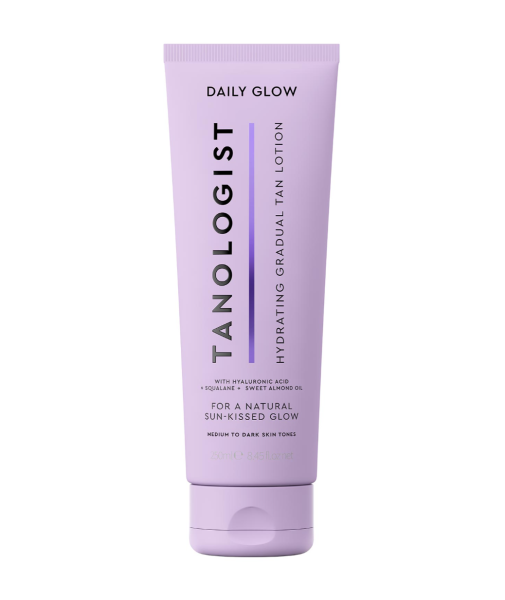Political Polarization and the Upcoming Election
Our community and the greater Western Mass. region prides itself on tolerance, yet there is still heavy political polarization that will only continue as the election approaches.
The killing of George Floyd by a Minneapolis police officer on May 25 sparked a nationwide movement to stop police brutality and address systemic racism. While many protests remained peaceful, it didn’t take long for some to turn violent.
“Demonstrations over the death of George Floyd turned into jarring scenes of flaming debris, stampedes and looted storefronts,” the New York Times reported about May 31 protests.
The violence drew heavy criticism from some, including President Trump.
“The memory of Floyd is being dishonored by rioters, looters, and anarchists,” Trump said during a press conference in May. “We support the right of peaceful protesters, and we hear their pleas. But what we are now seeing on the streets of our cities has nothing to do with justice or with peace.”
Social media played a large role in how Americans have gotten to this point of polarization. Challenging each other’s beliefs in a conversation has largely become a distant memory. Posting on social media has taken the place of expressing views in a small group, where views can be productively challenged.
As this dynamic changes, and we continue to divide, social media companies like Facebook profit. Consequences from this go well beyond our screens. Topics like these are explored in the Netflix documentary “A Social Dilemma.” The election is getting closer, and social media is as big a factor as ever.
Ruby McElhone Yates, a senior, believes there are a fair amount of conservative viewpoints on campus despite a liberal majority.
“I think being a private school in the middle of a very liberal part of the country and of the state creates an interesting dynamic,” she said. “Many teachers and students are very liberal but I think because we are a private institution, there are more conservative viewpoints on campus.”
Ruby also believes the political climate will continue to heat up, but hopes students take action in this year’s election. Election Day is Tuesday, Nov. 3.
“I do predict the political climate will get more heated as we approach the election,” she said. “I think these next few weeks will get tricky to navigate political culture because of how polarized the whole country is, but I hope that it inspires Williston students to take action and make an impact in the election this year.”
Adam Thistlethwaite, a senior, believes a lot of us are politically biased, though we are discreet about it.
“Throughout my time at Willy, I have observed many of us are discreetly biased [about] our political views,” he said. “It is not that contrasting beliefs do not exist on campus; they are not always healthily shared.”
Adam also explains that people are compelled to take a side when that is not always necessary.
“We are also compelled to choose red or blue when there is a whole pallet,” he said. “Williston is a place where you can be yourself. We are diverse, accepting, and always open to new ideas, and I do not expect any different when it comes to politics.”
Matt is a junior from Canton, MA. He loves swimming, hockey, and drawing cars. His dream car is an Audi R8.



